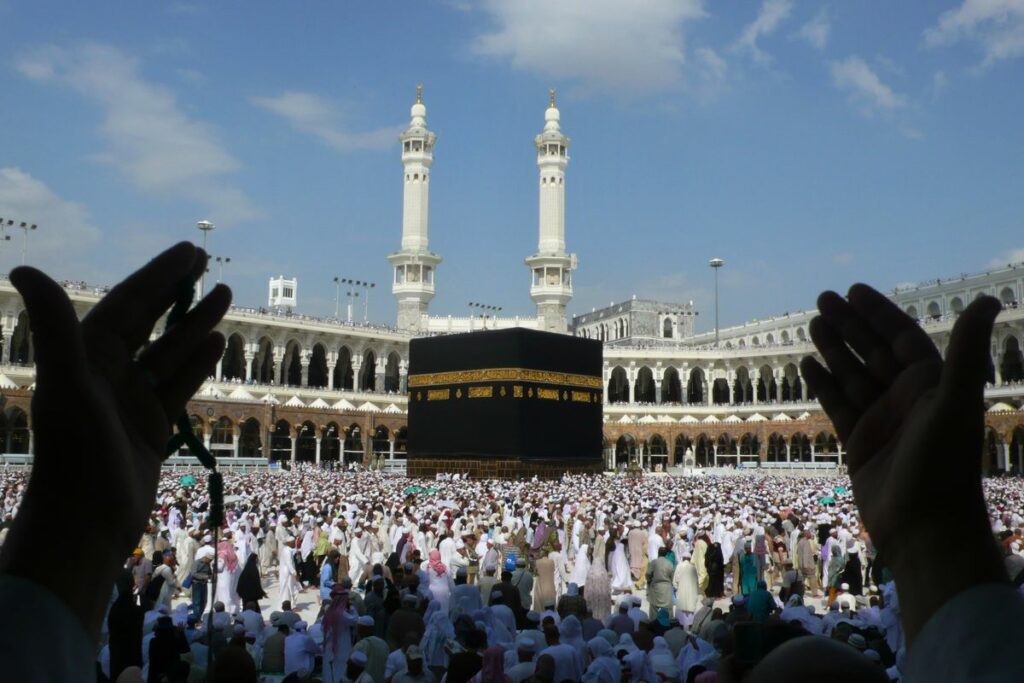- The board urged intending pilgrims to the Kingdom of Saudi Arabia to obtain the Hajj form from its office
- NAHCON is yet to fix the Hajj fare while states have started receiving deposit
The Lagos State Muslim Pilgrims Welfare Board has pegged the initial deposit for the 2025 Hajj exercise at N8.5m.
This is contained in a statement from the Board Secretary, Mr. Saheed Onipede, on Thursday.
In the statement issued by Public Affairs Officer, Mr. Taofeek Lawal, the board urged intending pilgrims to the Kingdom of Saudi Arabia to obtain the Hajj form from its office.
Onipede disclosed that the form will cost N20,000.00 (Twenty Thousand Naira only) while intending pilgrims are to pay the sum of N8,500,000.00 as initial deposit, pending the official announcement of the actual fare for the 2025 Hajj by the National Hajj Commission of Nigeria (NAHCON).
NAHCON is yet to fix the Hajj fare while states have started receiving deposit.
He said, “In consideration of the present economic situation of the Country, the Board has decided to make the payment flexible for intending pilgrims to pay the money in installment in order for them to actualise their dream of performing the spiritual obligation in a seamless manner”.
Onipede admonished them not to make payment into personal accounts, stating that interested Muslims should raise a ‘Bank Draft’ from any of the Commercial Banks in favour of ‘Lagos State Muslim Pilgrims Welfare Board’ and submit same to the Accounts department for collection of official receipt for the value of the sum paid.
He assured intending pilgrims that the Board would refund them the balance if the actual Hajj fare finally announced by NAHCON is below N8.5 million.
He expressed the State Government’s preparedness to always make the exercise comfortable for them through a well thought out activities and packages which include, accommodating them in a conducive hotel nearer to Haram both in Makkah and Madinah and Ziyarah (visitation) to historical sites in Makkah and Madinah.
Others are regular spiritual counselling and guidance on Islamic tenets by Islamic scholars (Ulamah); quality foods in local delicacies (twice daily) and provision of medical care, amongst others
